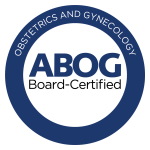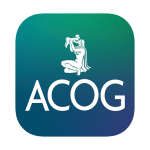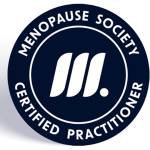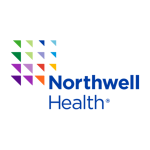The recent screening of “The M Factor” documentary at Westport Library, followed by an expert panel discussion, provided valuable insights for women navigating perimenopause and menopause. Dr. Karli Provost Goldstein joined other specialists to share knowledge on this often-overlooked aspect of women’s health. Here are the top five takeaways from this enlightening event.
1. Understanding Perimenopause vs. Menopause: The Critical Differences
While menopause is officially defined as 12 consecutive months without a period, perimenopause can last 2-10 years with irregular cycles. Many women are caught off guard by perimenopause, which can begin years before their final menstrual period, bringing fluctuating hormone levels and symptoms like irregular cycles, sleep disturbances, and mood shifts. Importantly, women can experience symptoms like hot flashes, brain fog, poor sleep, and low libido during either phase. Recognizing these phases allows women to seek support and treatment earlier rather than suffering in silence.
2. Hormone Replacement Therapy: Debunking Myths and Understanding Options
One of the most misunderstood aspects of menopause is HRT. The panel clarified that modern bioidentical hormone options—like estradiol patches and micronized progesterone—are different from the synthetic hormones used in older studies that caused widespread fear. Many women don’t realize that commonly prescribed options from standard pharmacies can indeed be bioidentical. For those with allergies or specific needs, compounding pharmacies offer alternatives. The panel reassured attendees that HRT is safe for many women, including some with family histories of breast cancer, and that low-dose vaginal estrogen can be life-changing for symptoms like dryness and urinary issues.
3. Beyond Just Estrogen: A Holistic Approach to Testing & Treatment
Symptoms like fatigue, weight gain, and brain fog aren’t always just about estrogen levels. The discussion emphasized the importance of comprehensive testing, including progesterone, testosterone, thyroid function, vitamin levels, and inflammatory markers. The experts stressed the importance of comprehensive testing rather than focusing on a single marker like FSH, and recommended establishing baseline hormone levels when feeling well. This holistic approach ensures that treatment addresses all potential underlying issues, not just the most obvious symptoms. The panel highlighted that sometimes lingering symptoms despite HRT may indicate other conditions that need attention.
4. Lifestyle Factors: Critical Components for Menopause Management
The discussion highlighted how lifestyle factors significantly impact menopause symptoms. Strength training emerged as particularly important during this life stage, with the panel emphasizing that it’s never too late to start. Building muscle helps combat the metabolic changes and redistribution of fat that occur with declining estrogen. The experts also addressed sleep issues, sharing practical tips like morning sunlight exposure, evening light reduction, magnesium supplementation, and CBD options. The nutritional approach should focus on adequate protein intake, avoiding extreme diets (like keto or extended intermittent fasting), and incorporating carbohydrates for proper thyroid function.
5. Reframing Menopause: A Time of Strength, Not Struggle
One of the most inspiring parts of the discussion was the shift in perspective around menopause. Instead of viewing it as a loss, the panel encouraged attendees to see it as a powerful transition into a new phase of life—one marked by confidence, clarity, and self-advocacy. Dr. Goldstein shared her personal experience with early surgical menopause and how proper care allowed her to feel better than ever. The panel discussed how this stage brings wisdom, confidence, and clarity about priorities. They emphasized the importance of advocating for oneself in healthcare settings, bringing written symptom lists to appointments, viewing the doctor-patient relationship as a partnership, and being willing to find new providers who listen and understand menopause care.
Moving the Conversation Forward
The energy in the room was electric, and the discussions made it clear: women are ready to reclaim the narrative around menopause. At ESSE Care & Wellness, we are committed to continuing this conversation and providing expert care to help women navigate perimenopause and menopause with confidence.
As the conversation around menopause continues to evolve, events like “The M Factor” panel help women understand that they’re not alone in this journey and that with the right information and support, menopause can truly be a time of empowerment and renewal rather than suffering.













